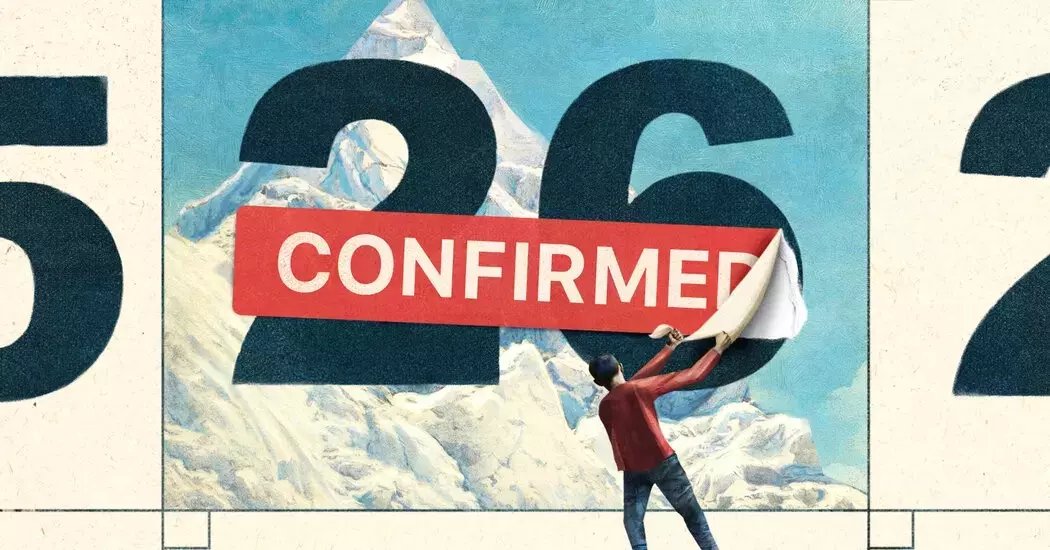
In the intricate world of travel bookings, a traveler's experience highlights the disparity between airline and hotel reservation refund policies. Allison from Candler, North Carolina, encountered an unexpected issue while booking a ski trip for her family at a Sheraton Vacation Club property in Steamboat Springs, Colorado. Due to a technical glitch or oversight, she mistakenly booked a room for the same night instead of December. Despite canceling within two minutes, she was still charged $560 for the canceled reservation. This situation raises questions about the fairness of current hotel cancellation policies compared to those governing airfare refunds.
A Closer Look at the Incident in Steamboat Springs
On a stormy September evening, Allison found herself navigating through a challenging booking process during Hurricane Helene's approach to Asheville, North Carolina. In the chaos, she inadvertently selected the wrong dates on the Sheraton website, reserving a room for the very night she made the booking. The realization struck her almost instantly, prompting her to cancel the reservation within mere moments. However, due to the absence of a clear cancellation policy and difficulties reaching customer service, Allison faced an unwelcome charge on her credit card.
The location of this incident, Steamboat Springs, Colorado, adds a layer of irony given its reputation as a winter sports destination. Allison’s swift action—canceling within two minutes—demonstrates her proactive response to the error. Yet, the rigid nature of the reservation system failed to accommodate her immediate correction, leading to financial consequences.
Upon further investigation, it became evident that if Allison had contacted customer service directly rather than using the automated cancellation option, she might have avoided the charge. Fortunately, after media intervention, Marriott Vacation Clubs, which owns the Sheraton Vacation Club, decided to grant Allison a refund.
From this scenario, we learn that while airlines provide a 24-hour grace period for cancellations, similar leniency does not universally apply to hotel reservations. Moreover, the nuances of each booking platform can significantly impact travelers' experiences.
As a journalist observing this case, one cannot help but advocate for more transparent and flexible cancellation policies across the travel industry. It is crucial for companies to recognize that human errors are inevitable and should be met with understanding rather than punitive measures. By fostering a more forgiving environment, businesses can enhance customer satisfaction and trust, ultimately benefiting both parties involved in travel transactions.
